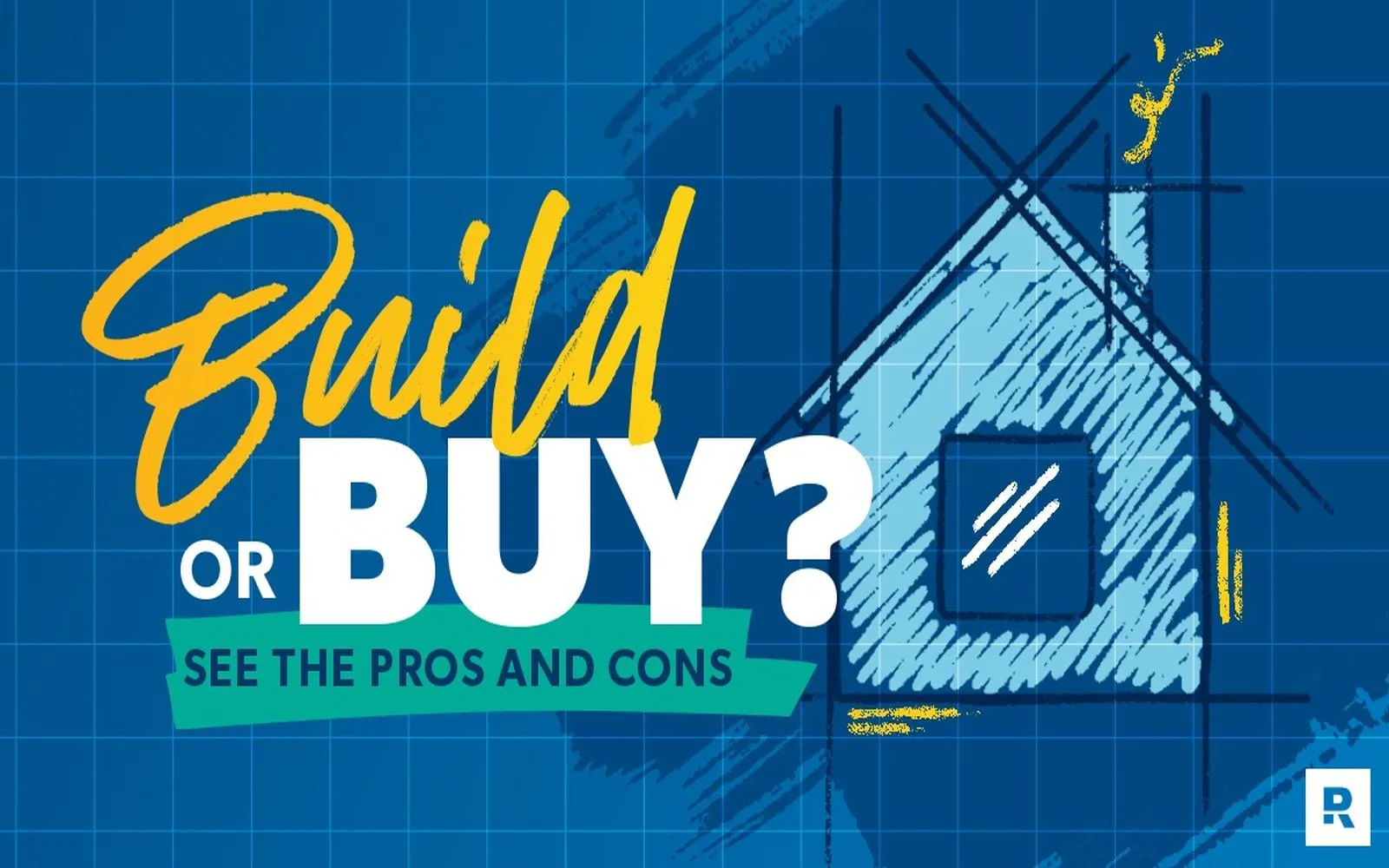Understanding the Build vs. Buy Decision
In today's fast-paced digital landscape, businesses face the critical decision of whether to build their own solutions or buy existing products. This dilemma is prevalent in various sectors, especially in technology and marketing. The decision can significantly impact a company's growth and efficiency. This article will guide you through key considerations and scenarios where building your own solutions may be more advantageous than purchasing off-the-shelf products, especially in the context of referrerAdCreative.
When to Build
Building a solution can be the best path for businesses under certain conditions. Here are some scenarios where building your own tools is preferable:
| Scenario | Reason to Build |
|---|---|
| Unique Business Requirements | When your needs are niche and cannot be met by standard products, custom solutions allow for tailored functionalities. |
| Competitive Advantage | Building proprietary tools can provide a significant edge over competitors who rely on generic solutions. |
| Integration with Existing Systems | Custom solutions can be seamlessly integrated with your existing infrastructure, enhancing efficiency. |
| Cost Over Time | While the upfront cost may be higher, building can save money long-term by avoiding recurring licensing fees. |
| Control and Flexibility | Building your own tools means you have complete control over updates, features, and user experience. |
When to Buy
On the flip side, there are situations where purchasing existing solutions is the better option. Consider the following:
| Scenario | Reason to Buy |
|---|---|
| Time Constraints | When you need a solution quickly, buying can be faster than developing from scratch. |
| Limited Resources | Small businesses or startups may lack the budget or expertise to build a custom solution. |
| Proven Solutions | Many existing products have been tested and refined, providing a level of reliability that new builds may lack. |
| Focus on Core Business | Buying allows businesses to focus on their core competencies rather than diverting resources to development. |
| Support and Updates | Purchasing software often comes with dedicated support and regular updates, reducing maintenance burdens. |
Factors to Consider
Before making a final decision, consider these essential factors that can influence whether you should build or buy:
- Cost: Analyze both the initial investment and long-term costs of ownership for both options.
- Time: Evaluate how quickly you need a solution. If time is of the essence, buying may be the best option.
- Scalability: Consider whether the solution can grow with your business. Custom builds often offer better scalability.
- Expertise: Assess whether your team has the technical skills to build and maintain a solution.
- Market Trends: Stay updated on industry trends that may influence the effectiveness of your chosen solution.
Using ReferrerAdCreative as a Case Study
When we consider the context of referrerAdCreative, the decision to build or buy takes on additional significance. ReferrerAdCreative involves creating compelling advertisements that can drive traffic and conversions. Here's how the decision impacts this area:
| Consideration | Build | Buy |
|---|---|---|
| Customization | Highly customizable to align with brand identity. | Limited to the features of the existing product. |
| Speed to Market | Longer development time may delay launch. | Immediate access to tools and resources. |
| Cost Efficiency | Higher upfront costs but potentially lower long-term costs. | Recurring costs for licenses and upgrades. |
| Support | In-house support may be more responsive. | Vendor support can be beneficial but may vary in quality. |
Conclusion
The choice between building and buying is not straightforward and requires careful consideration of your business's unique circumstances. In the realm of referrerAdCreative, the decision could shape your marketing strategy and overall success. By evaluating your specific needs, resources, and long-term goals, you can make an informed choice that aligns with your business objectives. Remember, whether you build or buy, the ultimate aim is to enhance your efficiency and drive growth in a competitive environment.





